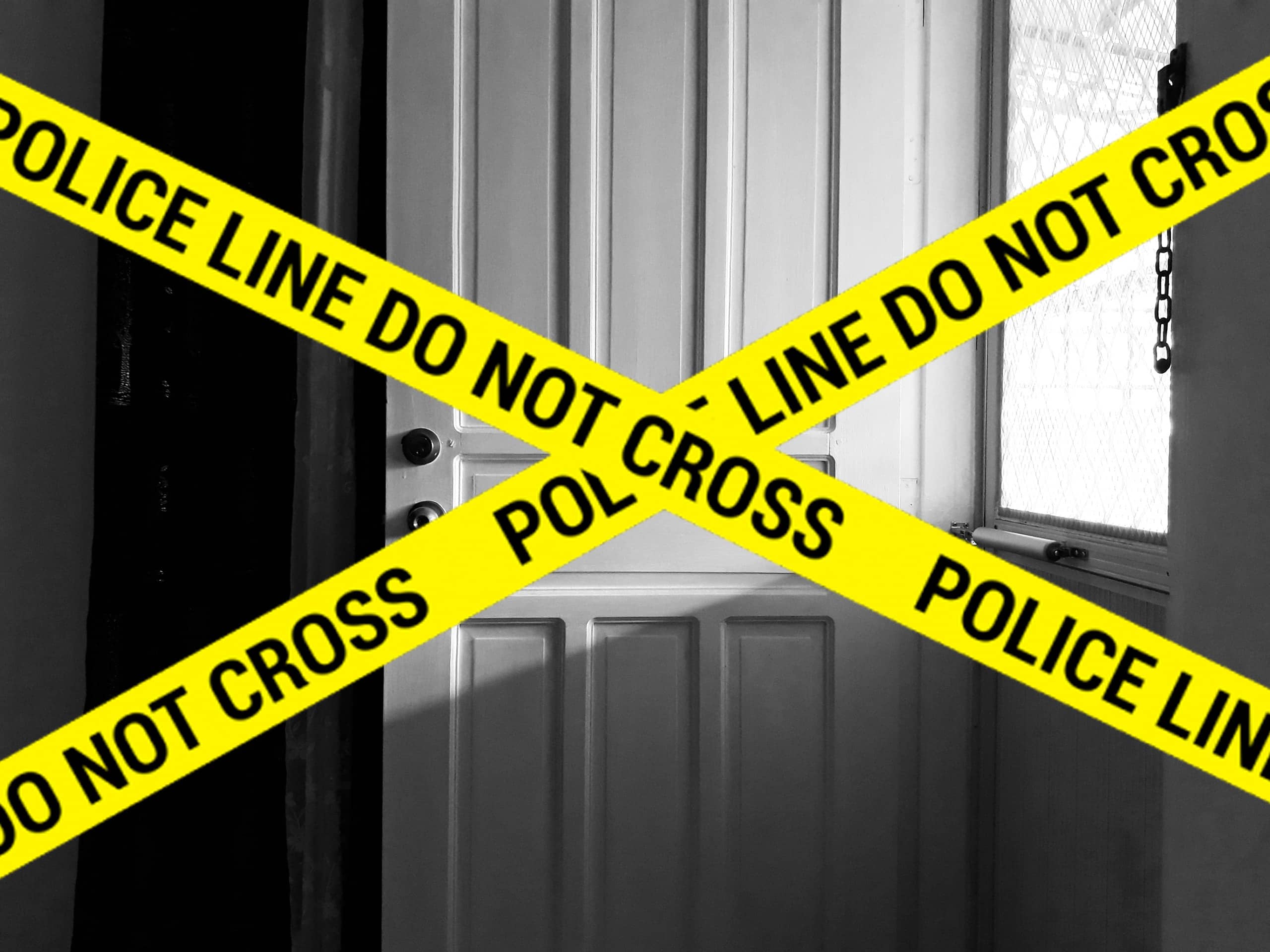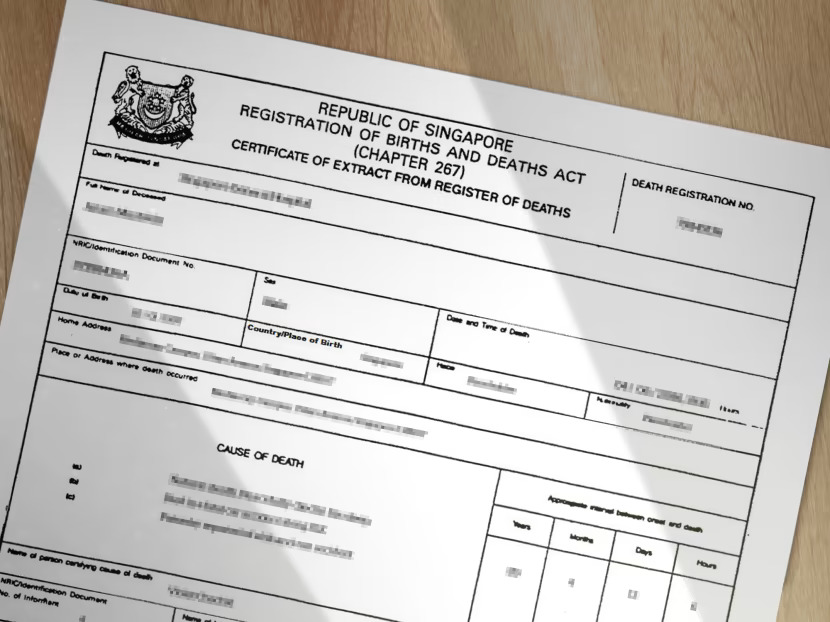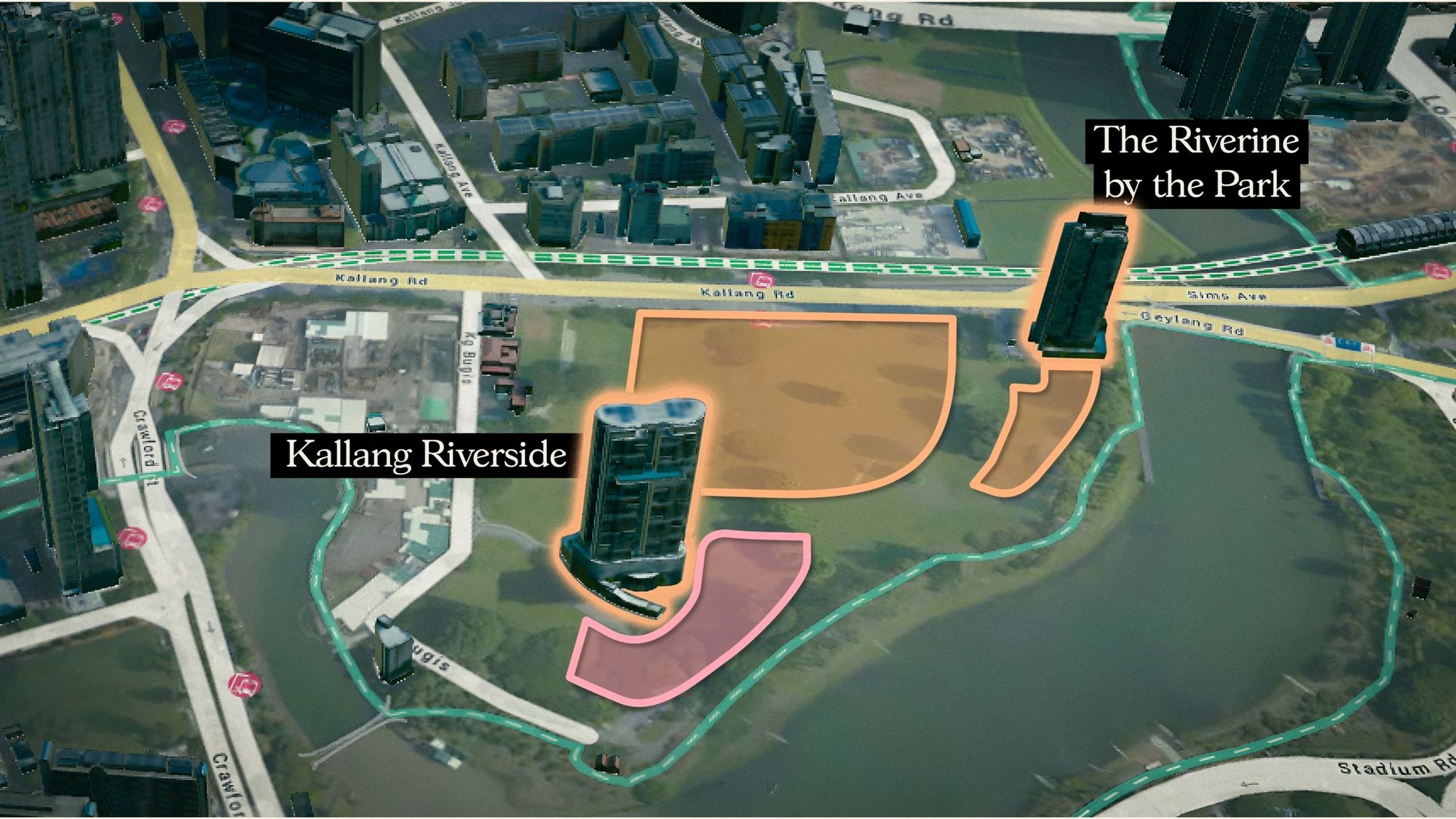My Tenant Passed Away At My Rented Property: My First (And Hopefully Last) Experience As A Landlord
February 23, 2023

Of all the things that can go wrong during a tenancy, the least expected is death. Most landlords have never had to deal with this, but it’s good to keep in mind that – touch wood – it may happen. This is one landlord’s story of what happened when a tenant passed on unexpectedly and the brief chaos in the interval:
So many readers write in because they're unsure what to do next, and don't know who to trust.
If this sounds familiar, we offer structured 1-to-1 consultations where we walk through your finances, goals, and market options objectively.
No obligation. Just clarity.
Learn more here.
A sudden call about the tenant’s demise
The landlord, HJ, had rented out a 1,400 sq. ft. unit to a couple (a father and daughter) in the East Coast area. The tenant had a one-year lease and was about eight months into it. Then one morning, HJ woke up to see a text that stunned him:
The tenant’s daughter had texted him to inform him that her father had passed away during the night. This was unexpected, as her father was still relatively young (in his mid-50s), and there had been no sign of any previous illness.
By the time they had contacted him, HJ says the death had already been reported, and the daughter had already obtained the death certificate. Arrangements to expatriate her father’s remains were already underway.

HJ says:
“I knew there was going to be a problem as the father was the one paying the rent; but I told her not to worry about it, see to her arrangements first. They were Malaysian, so there were a lot of things for the daughter to handle, including the repatriation of her father’s remains and so on.”
HJ says that at the same time, his wife had already told him to return her deposit and let her break the lease early if necessary; she felt it would incur bad karma to impose on the surviving tenant.
However, HJ never got a chance to relay this to the surviving tenant
Over the next two weeks, HJ did send a few texts to the tenant, asking how she was coming along. In the messages, the tenant claimed that her father had left her savings, and she could fulfil the remaining four months of the lease.
As such, HJ didn’t see a need to trouble the tenant further. He also didn’t bring up the decision that, if necessary, he would let her break the lease early. He says:
“In hindsight, I should have volunteered this information anyway. But at the time it never occurred to me; I thought since she said she was okay with it, everything was settled.”
However, the next month, the tenant failed to pay rent. HJ sent dozens of texts and emails to the tenant. He also clarified that it was okay if she wanted to break the lease, all he wanted was clarity on her intentions.
“If she had to break to lease that’s fine, but I need to know. I need to collect the keys, do the paperwork, and get around to finding the next tenant,” HJ says, “Instead she just left me hanging and ghosted me”.
By the month after, it was clear the tenant was not returning; and the realtor assured HJ he now had the right to keep the security deposit. This, however, didn’t clear up all of his problems.
A property still filled with belongings of the deceased
When HJ and the realtor inspected the property, it was far from being cleared out. HJ found piles of dirty clothes still mouldering in a laundry basket, several cans and bottles used as ashtrays (he didn’t allow smoking in the unit), and the tenant’s furniture.
More from Stacked
How I’d Invest $12 Million On 4 Properties: My Toto Hongbao Draw Winning Plans
Ever wondered what are your chances of having identical quadruplets?
“They had chairs, desks, foot massage machines; there was even a rental bicycle in the service yard of my kitchen. I was quite surprised how much stuff they had accumulated in such a short time.”
Most alarming to HJ, however, were some sensitive documents left by the tenants. This included old bank books, office passes, and even copies of the recently deceased’s death certificate, birth certificate, and other effects. HJ believes these were probably just copies and not originals. There was a still-working smartphone in the bedroom, to which HJ didn’t have the password – but he suspects it was the property of the deceased.
HJ also had to change the locks for the unit, as the tenant didn’t return the keys; and he had to pay around $200 for two replacement key cards, which were also unreturned.
HJ says:
“I don’t know if she meant to leave these things, or if she forgot about them when she left. But as she was refusing to answer me. All I could do was send messages saying I have them, please come and get them, if you don’t collect your things by end of the month I have to dispose of them.”
A cleansing ritual to appease HJ’s co-owner
The co-owner of the property was HJ’s mother, who like his wife was unnerved by the thought of the death. They had found out that the deceased tenant had passed away in one of the bedrooms, and had only been discovered in the late afternoon when his daughter returned.
HJ did ask the realtor if this was disclosed to future tenants and if there would be any effect. He says:
“The agent was quite straightforward. She said if a future tenant asks she can’t lie, but most tenants are not too bothered – they expect most older properties have seen a death within the walls before.”
HJ paid for a local medium to conduct a short cleansing ritual, and it was the first time he had ever concluded a lease that way.

Some advice to others who find themselves in the same boat
As HJ’s scenario shows, surviving tenants (if related) can be distraught and act in unexpected ways. In fact, HJ’s tenant had no reason to run, as she was not in any actual trouble:
HJ had already agreed to let her break the lease (if she had just asked), and the issue with smoking was a trivial one. At worst, a small amount would have been deducted from the safety deposit for cleaning.
HJ does feel that he should have been more reassuring and communicated that earlier; and that he should have been quicker to clear out the former tenants’ belongings.
For more on homeowner and property investor experiences, follow us on Stacked. We’ll provide you with an on-the-ground look at what’s happening in the Singapore property market.
At Stacked, we like to look beyond the headlines and surface-level numbers, and focus on how things play out in the real world.
If you’d like to discuss how this applies to your own circumstances, you can reach out for a one-to-one consultation here.
And if you simply have a question or want to share a thought, feel free to write to us at stories@stackedhomes.com — we read every message.
Ryan J. Ong
A seasoned content strategist with over 17 years in the real estate and financial journalism sectors, Ryan has built a reputation for transforming complex industry jargon into accessible knowledge. With a track record of writing and editing for leading financial platforms and publications, Ryan's expertise has been recognised across various media outlets. His role as a former content editor for 99.co and a co-host for CNA 938's Open House programme underscores his commitment to providing valuable insights into the property market.Need help with a property decision?
Speak to our team →Read next from Homeowner Stories

Homeowner Stories We Could Walk Away With $460,000 In Cash From Our EC. Here’s Why We Didn’t Upgrade.

Homeowner Stories What I Only Learned After My First Year Of Homeownership In Singapore

Homeowner Stories I Gave My Parents My Condo and Moved Into Their HDB — Here’s Why It Made Sense.

Homeowner Stories “I Thought I Could Wait for a Better New Launch Condo” How One Buyer’s Fear Ended Up Costing Him $358K
Latest Posts

Pro Older Jurong East Flats Are Holding Their Value Surprisingly Well — Even After Lease Decay Kicks In

On The Market A Rare Pair Of Conserved Shophouses In Chinatown Just Hit The Market For $32.5M

Singapore Property News Some Units At This Freehold Riverfront Condo Could Lose Their Views — But Here’s How Prices Have Actually Moved




































0 Comments